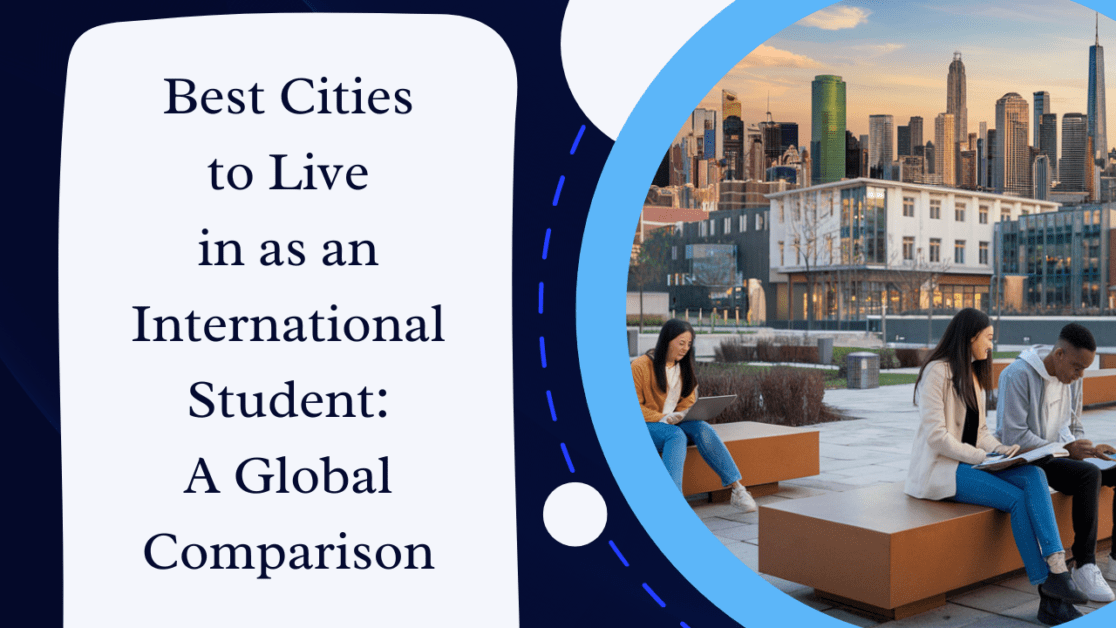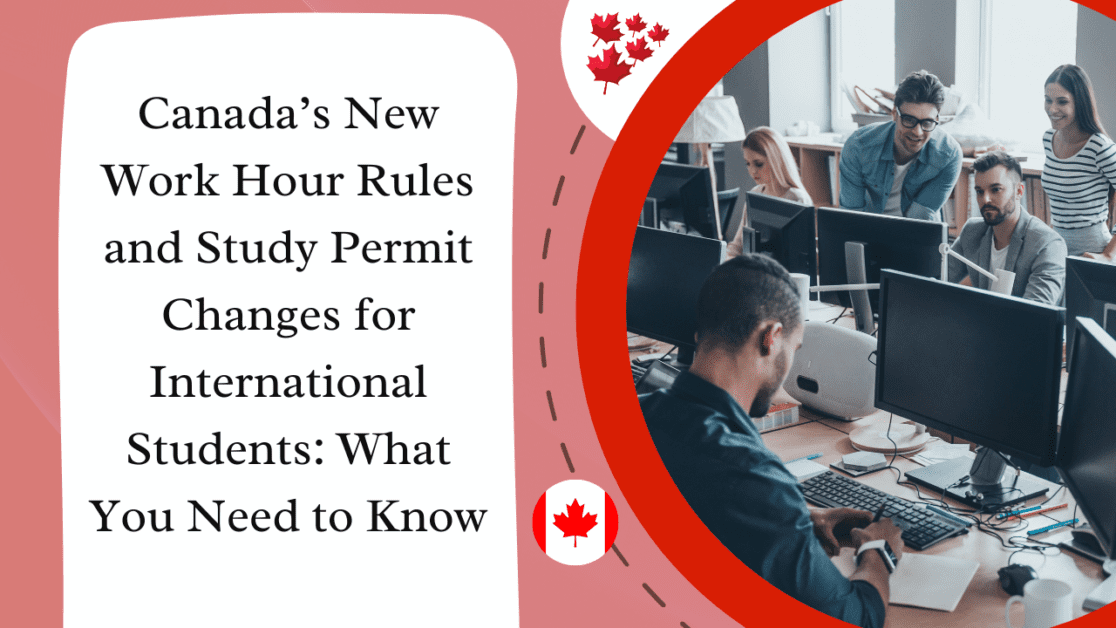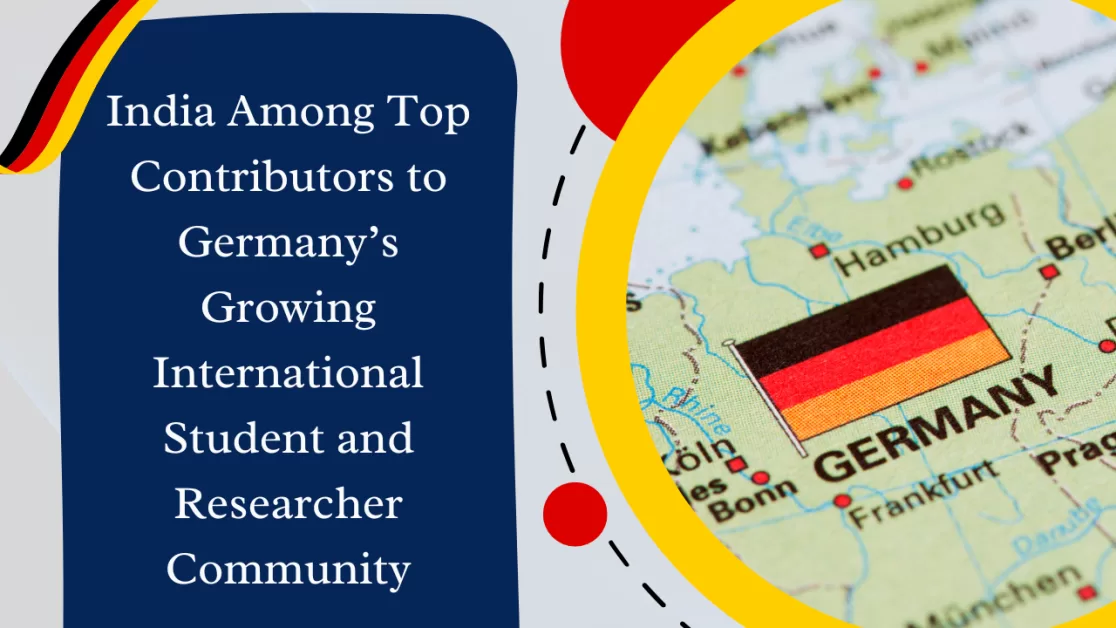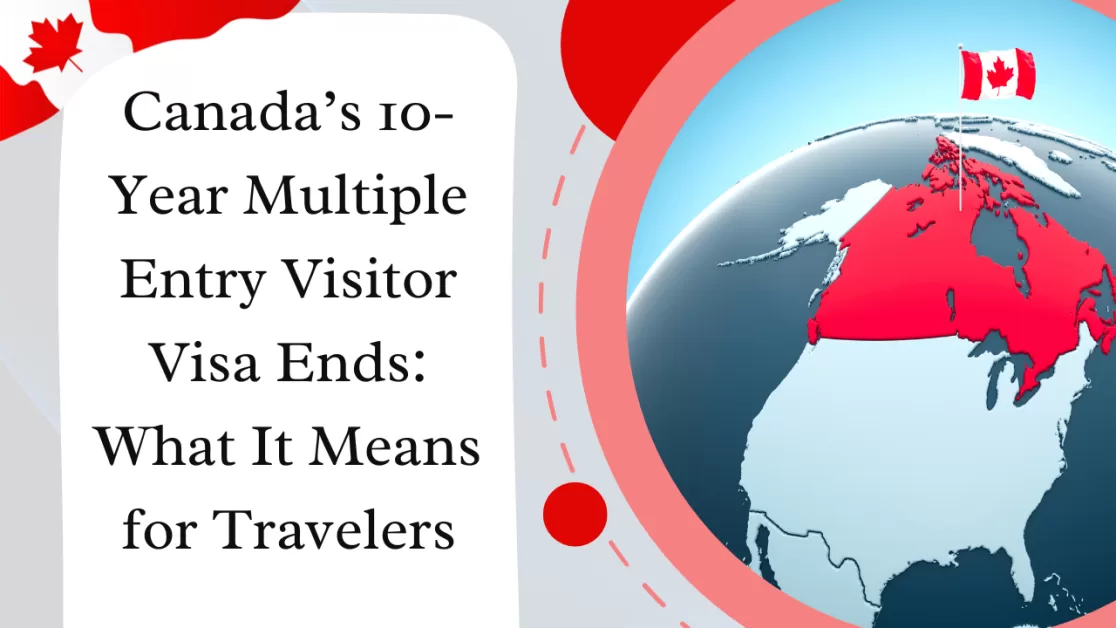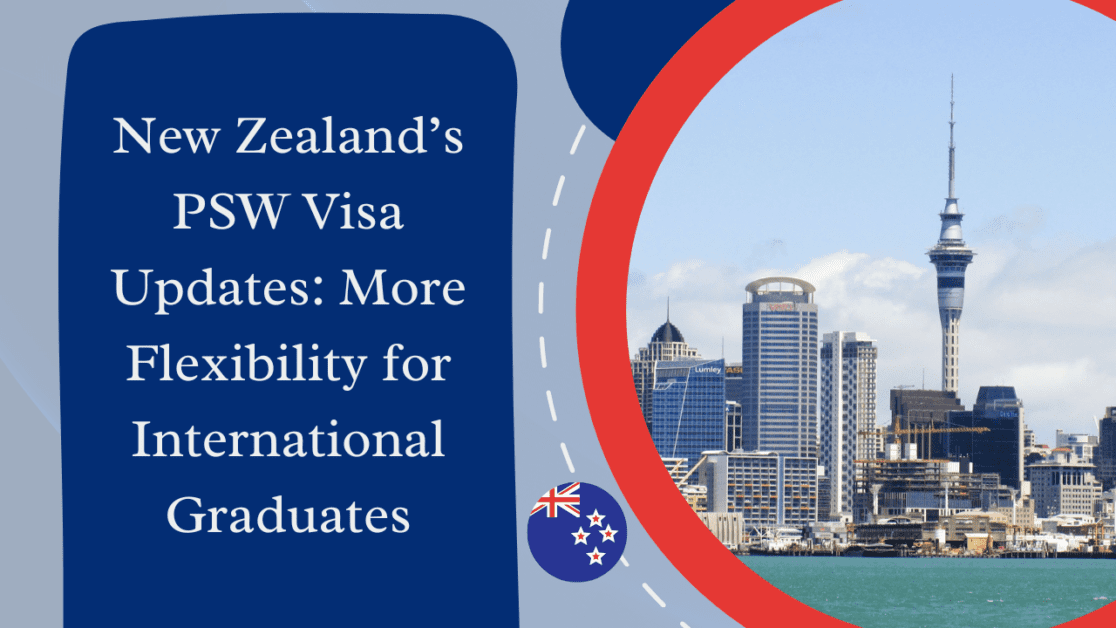
In an effort to make New Zealand a more attractive destination for international students, the government has announced significant changes to its Post Study Work (PSW) visa policy. While many countries, including Australia, the UK, and Canada, have been tightening their immigration and study visa rules, New Zealand is taking steps to offer more opportunities for international students. These changes are designed to offer greater flexibility, ensuring that students who complete a Master’s degree following a Postgraduate Diploma (PGDip) will not lose eligibility for a Post Study Work Visa.
Key Changes in the Post Study Work Visa Policy
Eligibility for PSW Visa After Completing a Postgraduate Diploma The New Zealand government has introduced a major update to the eligibility criteria for the PSW visa. Now, international students who complete a 30-week Postgraduate Diploma and then immediately transition to a Master’s degree will remain eligible for the Post Study Work visa, even if they do not spend 30 weeks enrolled in the Master’s program. This change is intended to offer students more flexibility in their course of study while ensuring that they can work in New Zealand after completing their qualifications.
According to the official notice from the New Zealand government:
“Students who studied a Postgraduate Diploma (PGDip) for 30 weeks and immediately progressed to a Master’s degree, but were not enrolled in the Masters for 30 weeks, are now eligible to apply for a Post Study Work visa (PSWV) based on their PGDip enrolment.”
This update is particularly important for students who may have been concerned about their ability to secure a PSW visa after transitioning from a postgraduate diploma to a Master’s degree program.
12-Month Grace Period for Students Transitioning to Higher-Level Qualifications Another important change is aimed at students who complete a qualification eligible for the PSW visa and then immediately pursue a higher-level qualification that may not meet the eligibility criteria for the visa. Under the previous policy, these students would have been ineligible for a PSW visa. However, with the new changes, students who complete a qualification eligible for a PSW visa and then move on to a higher-level qualification (which does not meet the PSW visa criteria) will have up to 12 months from the end of their student visa for the initial qualification to apply for a PSW visa.
This grace period provides more flexibility and ensures that students who progress to higher-level qualifications are not penalized for their continued studies.
Eligibility for a Three-Year PSW Visa While the changes offer more opportunities, students should note that to qualify for a three-year Post Study Work visa, they need to complete at least 30 weeks of full-time study in New Zealand, enrolled in the Master’s degree itself. This stipulation ensures that students who wish to benefit from the full three-year work visa must meet a minimum study duration requirement. Applicants must also ensure they apply for the PSW visa within the required timeframe, which is typically within six months of their qualification completion.
Alignment with the Green List The changes also include updates to the qualifications eligible for the PSWV, with a focus on aligning the qualifications with the Green List. This ensures that students with specific skills in demand in New Zealand can secure opportunities to live and work in the country after completing their studies.
Notable changes include:
Teaching Professions: Applicants who qualify to teach at secondary schools no longer need a Bachelor’s degree specializing in Science, Mathematics, Technology, or Pacific Languages. This makes it easier for students who have pursued different pathways to enter teaching and contribute to New Zealand’s education sector.
Teaching at Primary and Intermediate Schools: Students who complete graduate diplomas and meet the Teaching Council’s registration requirements will now be eligible to apply for a PSWV to work as primary or intermediate school teachers.
New Zealand Diploma in Engineering: Students with a New Zealand Diploma in Engineering (Level 6) with a strand in Mechanical Engineering will now be eligible for a PSWV. This is a significant update for Mechanical Engineering Technicians, allowing them to work in the country after completing their studies.
Why This is Great News for International Students
These changes are particularly beneficial for international students, as they offer more pathways to stay and work in New Zealand after completing their qualifications. With the tightening of immigration rules in other popular study destinations like the UK, Australia, and Canada, New Zealand’s announcement comes as a breath of fresh air for students who are looking for both quality education and work opportunities post-graduation.
More Flexibility: The updates make it easier for students to switch between programs without losing out on post-graduation work opportunities. This is crucial for students who decide to extend their studies after completing a postgraduate diploma or move to a different field.
Opportunities in Teaching: The new rules around teaching qualifications provide greater access for international students to contribute to New Zealand’s education sector, addressing the country’s need for skilled educators.
Enhanced Career Pathways: The alignment of the PSWV with the Green List ensures that students with qualifications in high-demand fields like engineering can more easily transition to the workforce in New Zealand, where these skills are needed.
Conclusion
New Zealand is positioning itself as a top destination for international students by introducing these flexible and immigrant-friendly changes to its Post Study Work visa policy. With the new rules making it easier for students to secure work visas after completing qualifications, New Zealand not only offers high-quality education but also provides a range of opportunities for students to build their careers in the country. These changes reflect the government’s commitment to attracting skilled international talent and supporting them in contributing to New Zealand’s economy and society.
For international students planning to study in New Zealand, this is the perfect time to take advantage of these updates and explore the many possibilities the country has to offer.
Ready to explore? Start your visa application today and get one step closer to your adventure!
Don’t let uncertainties hold you back. Our team of expert overseas education consultants is readily available to assist you. Whether you have inquiries about:
- Specific document requirements
- Interview preparation tips
- Visa application timelines
We’re ready to provide personalized guidance tailored to your unique situation. Get in Touch Today at: +919041818122 and begin your journey with Vrinda International.
The information provided in this blog is for general guidance purposes only. Visa policies, application procedures, and fees are subject to change without prior notice. For the most accurate and up-to-date details, we recommend contacting us directly or consulting official sources. Feel free to reach out to us for personalized assistance with your visa application or travel needs.
Frequently Asked Questions (FAQ)
What is the Post Study Work (PSW) Visa in New Zealand?
The Post Study Work Visa (PSWV) allows international students to stay and work in New Zealand after completing their eligible studies. This visa enables graduates to gain valuable work experience and contribute to the local economy.
What changes have been made to the PSW visa policy in New Zealand?
Recent updates to the PSW visa policy provide more flexibility for students who complete a Postgraduate Diploma (PGDip) and then proceed to a Master’s degree. Students who study a PGDip for at least 30 weeks and then immediately transition to a Master’s program are now eligible for a PSW visa based on their PGDip enrollment.
If I complete a Postgraduate Diploma (PGDip), can I apply for a PSW visa if I move directly to a Master’s degree?
Yes, you can now apply for a PSW visa if you complete a 30-week PGDip and immediately progress to a Master’s degree. The updated policy ensures that students won’t lose eligibility for a PSW visa when transitioning from a PGDip to a Master’s degree.
Do I need to study the Master’s degree for a minimum period to be eligible for the PSW visa?
To be eligible for a PSW visa, you must study a Master’s degree in New Zealand for at least 30 weeks of full-time study. This is required to qualify for a three-year PSW visa.
What if I complete a qualification eligible for a PSW visa and then pursue a higher-level qualification that isn’t eligible?
If you complete a qualification that is eligible for the PSW visa and then pursue a higher-level qualification (which may not meet PSW eligibility), you will have a 12-month grace period from the end of your student visa for the initial qualification to apply for a PSW visa.
Can I apply for a three-year PSW visa if I didn’t study the Master’s degree for the required 30 weeks?
No, to qualify for a three-year PSW visa, you need to have studied your Master’s degree for at least 30 weeks in New Zealand. If you don’t meet this requirement, you may still be eligible for a shorter duration PSW visa.
How has the list of qualifications eligible for the PSW visa changed?
The qualification list has been updated to align with New Zealand’s Green List. Notably, graduates who complete certain teaching qualifications or the New Zealand Diploma in Engineering (Level 6) with a Mechanical Engineering strand are now eligible for a PSW visa.
Can I work as a teacher in New Zealand after completing my studies?
Yes, under the new changes, students who have completed graduate diplomas and meet the Teaching Council’s registration requirements can apply for a PSW visa to work as a Primary or Intermediate school teacher, without needing a specific Bachelor’s degree in Science, Mathematics, Technology, or Pacific Languages.
How do I apply for a Post Study Work Visa in New Zealand?
To apply for a PSW visa, you need to have completed an eligible qualification in New Zealand. You must apply within six months of the end date of your student visa and ensure you meet the required duration and full-time study conditions.
What are the benefits of these changes for international students?
These updates provide more pathways to work in New Zealand after graduation. The policy changes offer greater flexibility for students transitioning between qualifications and increase opportunities in high-demand sectors like teaching and engineering, making it easier for international graduates to contribute to New Zealand’s workforce.
